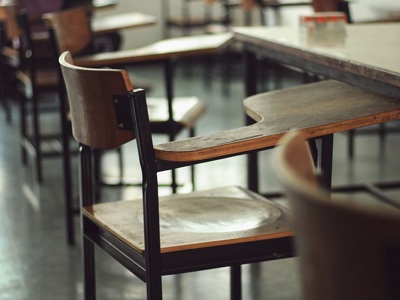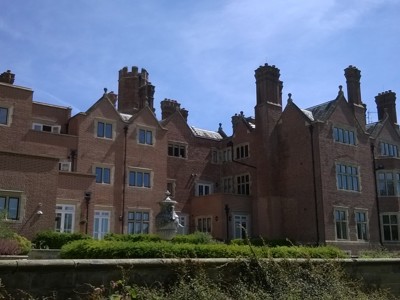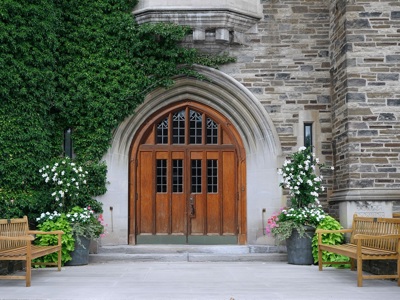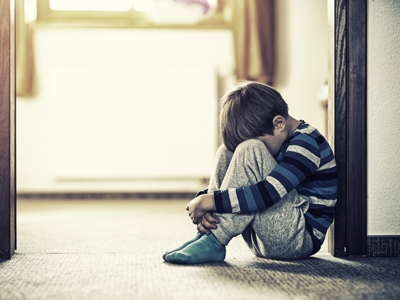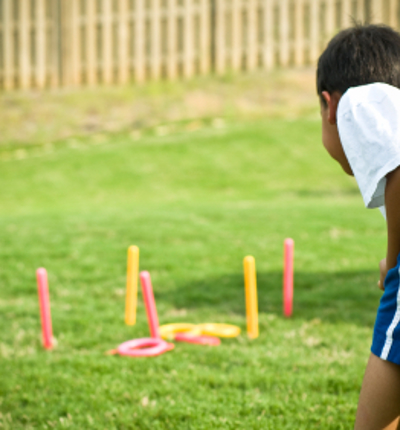
Child abuse claims
Contact our abuse claims team today for help and guidance on starting a child abuse claim
Sexual, physical, mental, emotional, psychological, or ritual abuse can take place anywhere. It can occur in schools, care homes, hospitals, clubs and even the family home. Child abuse cases happen in the UK and across the world.
Child abuse is never the child’s fault. Our specialist child abuse solicitors will believe in you. We will not judge you, and you won’t be made to feel guilty or ashamed when talking to someone from our specialist team.
Many people don’t tell anyone about suffering child abuse until they’re much older. It’s not ‘non-recent child abuse’ though – you’re living with the impact now. Our team of child abuse lawyers have worked for people abused during childhood, who have never talked about the abuse before.
Sadly, abuse is often known about but covered up by an organisation to protect its reputation – not the children in their care. The abuse is prolonged, and survivors are let down. We believe these organisations should be held accountable.
If you or a loved one have been a victim of child abuse, contact our team. We’ll work to help build your case, bring a claim for child abuse compensation and prevent the abuser harming anyone else.
More information about child abuse claims
Where can child abuse occur?
Child abuse cases can involve several harrowing elements. From violence to sexual and emotional abuse, many cases involve an abuse of power by an adult. But child abuse can also occur at the hands of another child.
Whether your case involves child abuse by an adult or another child, our specialist team are here to help and support you every step of the way.
Child abuse can happen anywhere. Some of the most common environments for child abuse include at:
- Hospitals
- Sports clubs
- Schools
- Religious institutions
- Youth clubs
- Scouting Association
- Childcare facilities
- Home
Who can make a child abuse claim?
Anyone who has been abused, whether recently or not, may be able to make a claim. You might also be able to claim on behalf of a child or a loved one incapable of claiming themselves.
It doesn’t matter where the abuse took place either. Our specialist team of lawyers are highly experienced at bringing claims in a variety of circumstances. They will work tirelessly towards getting you the justice and compensation you deserve.
Time limits may apply to when you can make a claim for non-recent abuse. However, there are exceptions, so it’s still worth contacting our experts to assess your case.
How to start a child abuse claim
You may be able to bring a claim for compensation against your abuser or an institution that should have protected you. Start the process by contacting our team for a confidential discussion on the merits of a legal case.
We'll talk about gathering evidence, whether compensation could be available, and realistically assessing your chances of succeeding. Don't worry about legal costs, or let it stop you from contacting us.
Failing to report child abuse in a school, hospital, church, or sports club operated by a national body is not a crime in England, Wales and Scotland – although it is in Northern Ireland.
You may be worried about having to appear in court. If you don't feel able to confront your abuser, we will support you – you are in control. In fact, most cases settle before going to court.
Below are some key points that may apply to your child abuse case, such as the compensation you might secure and the time limits applicable to non-recent cases.
Key points
The amount of compensation you could secure will vary, depending on the specifics of your case. There may also be some limitations on what you can use the compensation for, such as counselling sessions.
Usually, you have to raise a claim no more than three years after the abuse has occurred. However, there are some exceptions as it can take victims many years to come to terms with what happened and speak about it. It’s worth getting in touch to see whether these exceptions apply to your specific claim.
Usually, you have to raise a claim no more than three years after the abuse has occurred. However, there are some exceptions as it can take victims many years to come to terms with what happened and speak about it. It’s worth getting in touch to see whether these exceptions apply to your specific claim.
How can I pay for my legal fees?
Your lawyer will discuss the options available to fund your abuse claim. It might be possible for you to obtain Legal Aid, or your lawyer may recommend a ‘no win no fee’ agreement. You may also be advised to take out a special insurance policy to protect you during your legal claim.
Why choose Leigh Day’s child abuse solicitors?
With more than 35 years’ experience working across a variety of abuse cases, our specialist team is well placed to help and support you bringing many types of child abuse claims.
Our team understand the emotional trauma involved in child abuses cases. We make sure we deal with your case sensitively and compassionately.
We support the Mandate Now coalition of survivor charities, calling for the reporting of child abuse to become mandatory in England and the rest of the UK. For more details, check the Mandate Now website.
What our clients say
Heartfelt thanks to you for your support and commitment on my behalf.
Childhood abuse client
Information about the Independent Inquiry Into Child Sexual Abuse
Public hearings have been completed, with an interim report released as well as reports for its legal investigations. However, here we’ve answered any questions you may still have about the inquiry.
The IICSA was set up to investigate institutional failings to protect children in England and Wales from child sexual abuse.
It examined cases of child sexual abuse linked to:
- Children’s homes
- Schools
- Hospitals
- Armed Services
- Religious institutions
- Voluntary institutions
- State organisations
The IICSA also looked at cases where children who were sexually abused told a person in authority about their abuse, such as a police officer, a social worker or a teacher, and the person in power did not correctly deal with their report.
The IICSA is not a Court process or a police investigation. It does not have the power to arrest individuals or send them to prison. It is also separate from the civil court process and cannot order abusers or institutions to pay compensation.
In general, the IICSA did not examine child abuse cases in the family, except when a person in authority failed to act appropriately in response to a report of familial abuse.
The IICSA is not UK wide. It is limited to England and Wales. Separate inquiries into child sexual abuse have been set up in Scotland and Northern Ireland to examine cases there, and the IICSA has committed to working with these inquiries.
The IICSA gathered evidence to identify institutional failings relating to child sexual abuse and make them public in its Annual Reports, as well as an overarching Final Report. It also made recommendations about how institutions and persons in authority can protect children from sexual abuse in the future.
As the IICSA is a judge-led Statutory Inquiry, it is governed by the Inquiries Act 2005. This means that it has the power to compel witnesses to give evidence to it and order that documents be provided to it.
In March 2022, it published its 19th and final investigation report. A final report is still due to be published later in 2022.
(1) Reviewing official reports on child sexual abuse
The IICSA Research Project reviewed published reports into child sexual abuse linked to institutions in England and Wales. It also organised new research in specific sectors to find out more about the scale of child sexual abuse and identify recommendations for the future.
(2) Listening to the experiences of victims and survivors of child sexual abuse
The IICSA Truth Project allowed victims and survivors of child sexual abuse to share their experiences with the Inquiry. This includes anyone who:
- Was sexually abused as a child in an institution.
- First came into contact with the person who abused them in an institution.
- Reported their sexual abuse to a person of authority, such as a police officer, a social worker or a teacher and their report was not dealt with properly.
Victims and survivors of abuse can participate in the Truth Project by attending a public or private hearing or writing a statement.
Please see our Factsheet ‘Taking part in the Independent Inquiry into Child Sexual Abuse’ for more information.
(3) Holding Public Hearings to examine special case studies
The Public Hearings Project examined specific case studies of child sexual abuse in a public setting. Each hearing involved witnesses giving evidence and being cross-examined and documents related to the case study being considered publicly.
The IICSA used the information gathered in the hearing to make findings of fact about what happened in that particular case study. The first Public Hearing took place in October 2019 and the second in November 2020. In total 78 witnesses gave evidence.
Telephone: 0800 917 1000
Email: contact@iicsa.org.uk
Post:
Independent Inquiry into Child Sexual Abuse,
PO Box 72289,
London,
SW1P 9LF
Find out more
5 of 5 items displayed
Bright Horizons Finchley Road Day Nursery and Preschool abuse claim
St Vincent’s Approved School abuse claims
Get help today by contacting the abuse team at Leigh Day
Get help today
Call us today on 020 7650 1200 or fill in our short form and we will call you back
What the directories say
They provide a truly first class service ensuring that teams are properly resourced, organised and efficient. Their preparation is meticulous. It is a joy to work with them.
Legal 500 2022
Our work across child abuse cases

Survivor of sexual and physical abuse at Nazareth House, Nottingham, receives £75,000 in legal claim
A woman has been given £75,000 by the Sisters of Nazareth, a Catholic Order responsible for running Nazareth House Children’s Home, Lenton, Nottingham, in a settlement for a legal claim for alleged abuse she suffered as a child at the Home in the 1970s and 1980s.
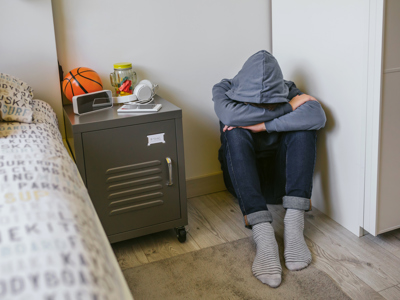
Essex County Council pays £55,000 and makes an apology to survivor of abuse in children’s home
A man who was sexually abused by John Carpenter at New Century Road children’s home in Essex has been secured compensation and given a personal apology.


